The reality of our country’s poor treatment of Indigenous people has hit home for Canadians, catalyzed by the discovery of over a thousand unmarked graves at former residential school sites. We’re undergoing a moral reckoning driven by the unearthing of this reprehensible chapter, and it will hopefully serve as an impetus for positive change.
As we come to grips with these discoveries, however, we need to ensure that we don’t descend into a kind of moral equivalency that conflates mistreatment with mass murder and assimilation with extermination. While all of these acts are inhumane, a failure to distinguish between them may impact Canada’s ability to credibly confront atrocities happening in the world today.
Clearly, Canada’s attempt to assimilate Indigenous children through residential schools was wrong. The policy cruelly forced children from the care of their parents, only to expose them to physical and even sexual abuse, poor conditions, inadequate nutrition and deadly communicable diseases. When concerns were raised, the government did little. The use of traditional languages was punished and customs were suppressed. When children died, their small bodies were buried at the schools, not sent home to their families.
As a parent of two young children, I cannot imagine the trauma of a scenario like this. The program was morally indefensible and I struggle to understand anyone who claims otherwise.
But in the past few weeks, residential schools have been characterized as mass murder and “Canada’s Holocaust moment.” Statues of Egerton Ryerson and Captain James Cook have been toppled, with their historical roles being compared to that of Hitler. A Canadian journalist writing for The Guardian claims that residential schools have “all the elements of the worst things I’ve seen anywhere,” and that “violence and torture on this scale reminds me of reporting on life in Cambodia under Pol Pot.”
(For context, the Pol Pot regime is regarded as “among the most barbaric and murderous in recent history,” resulting in the deaths of about 2 million people over a period of just four years, including well over a million adults and children who were violently executed and thrown in mass graves).
There is a reluctance among our leaders to counter these extreme characterizations. This is presumably because they do not want to seem insensitive to the plight of former residential school attendees, many of whom suffer from those experiences to this day. To a large extent this is understandable.
With that in mind, some may ask why making this distinction matters. After all, the Holocaust, Cambodia’s killing fields and residential schools were just different degrees on a spectrum of flawed morality, and attempts to differentiate between them may cause a perception that one traumatic event is being minimized in relation to another.
But the distinction does matter, with the clear caveat that it should in no way diminish the very real and painful impacts these institutions had on generations of Indigenous people.
It matters because there are actors on the world stage who have an interest in defining Canada as fundamentally corrupt for the purposes of justifying their own deplorable acts that are being carried out unabated in the present day. When residential school deaths are described as mass murder and Canada is portrayed as on par with Hitler’s Germany or Pol Pot’s Cambodia, any moral high ground Canada might occupy in advocating for international human rights is undermined.
Recently, China was joined by Russia, Iran and North Korea in calling for the UN Human Rights Council to investigate Canada’s residential school gravesites. It would take a truly naïve person to think these thuggish countries with well-known track records of repression have developed a sudden concern for Canada’s Indigenous children. Rather, they are seeking to draw a moral smoke screen over their own ongoing suppression and brutality.
The problem with drawing moral equivalencies between Canada’s admittedly shameful residential school program and the most egregious acts of genocide in living history is that it weakens Canada’s ability to condemn the many human rights abuses being perpetrated around the world today.
It is already happening. Prime Minister Trudeau readily stated that Canada is guilty of genocide against its Indigenous people, yet refused to use the same term to describe China’s persecution of the Uyghurs, calling it a “word that is extremely loaded.” Earlier this year, Trudeau and most of his cabinet even abstained from a parliamentary vote that unanimously declared China’s actions as genocide.
The fact is, our country’s relatively open acknowledgement of past transgressions stands in marked contrast with the abject denials by the world’s most notorious regimes about their own horrific acts. We accept responsibility, apologize and offer compensation, while they ruthlessly suppress information about the crimes they are actively committing. We recognize injustice when it is brought to light and admit that we must do better, as they jail dissenters and expand their “re-education” camps.
We’re not a perfect nation, but we can’t let our imperfections undermine our willingness to condemn evil in the world around us. This means that as we rightly criticize our country for past and present injustices, we must be clear: there is no equivalency between our history and the very worst of history.
Recommended for You

The Weekly Wrap: Canadians hate ‘populism’—but love populist policies
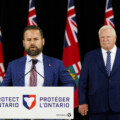
Canadians must open their eyes to our growing culture of corruption

‘Albertans do not believe Canada works’: Rick Bell on whether the pipeline deal hurt Alberta separatism
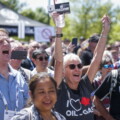
‘They’re tired of the bickering’: The Roundtable on why Canada’s ‘moderate middle’ supports the Carney-Smith pipeline deal
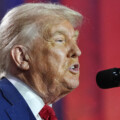
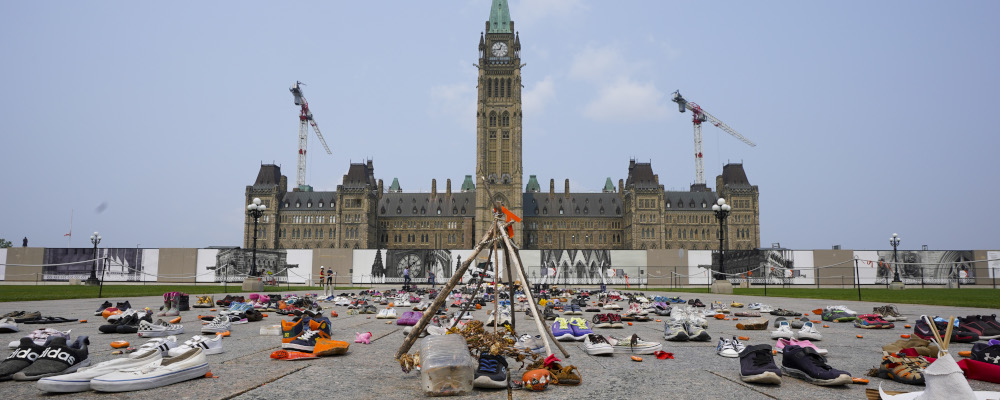

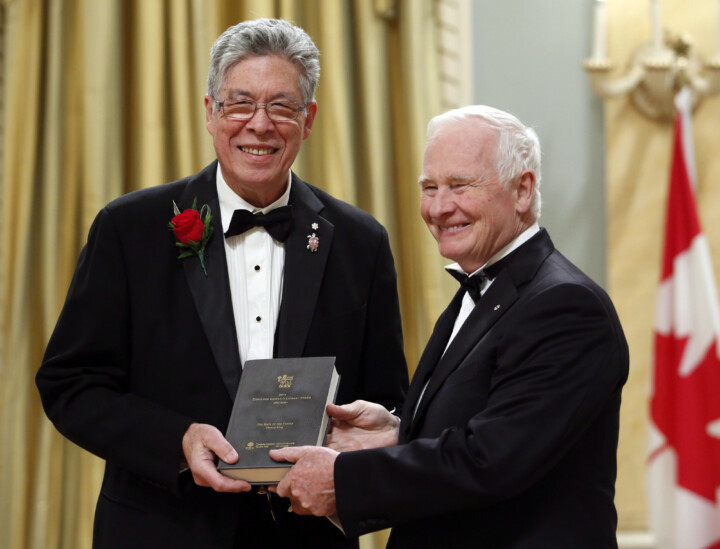

Comments (0)